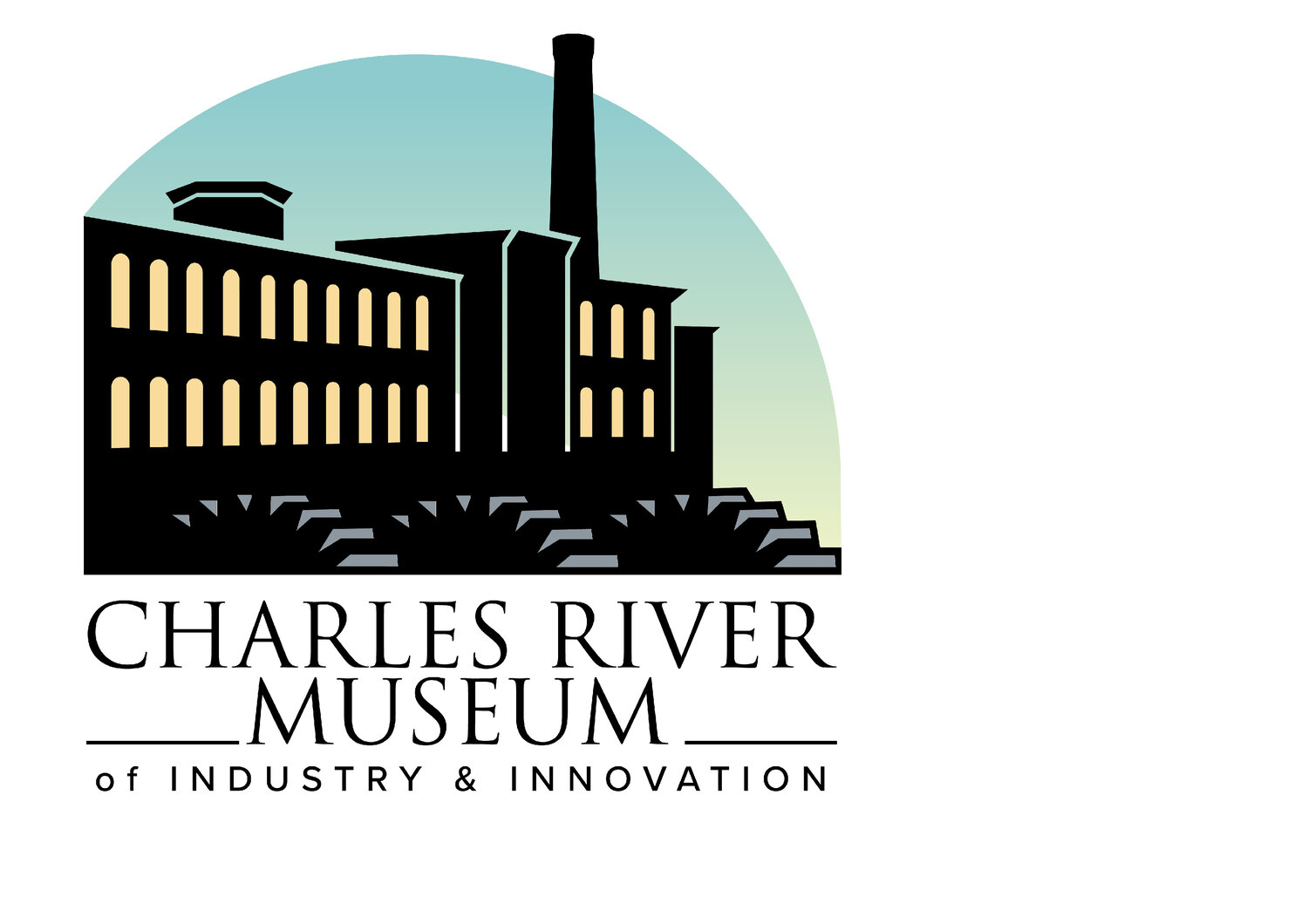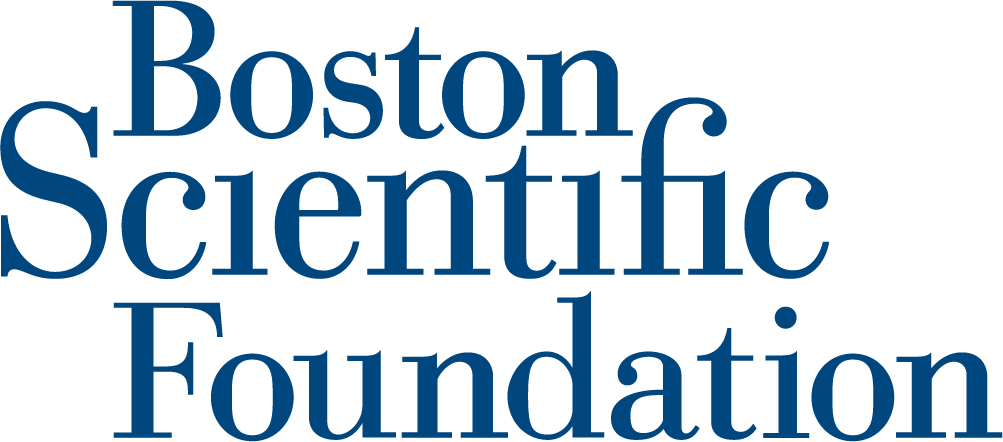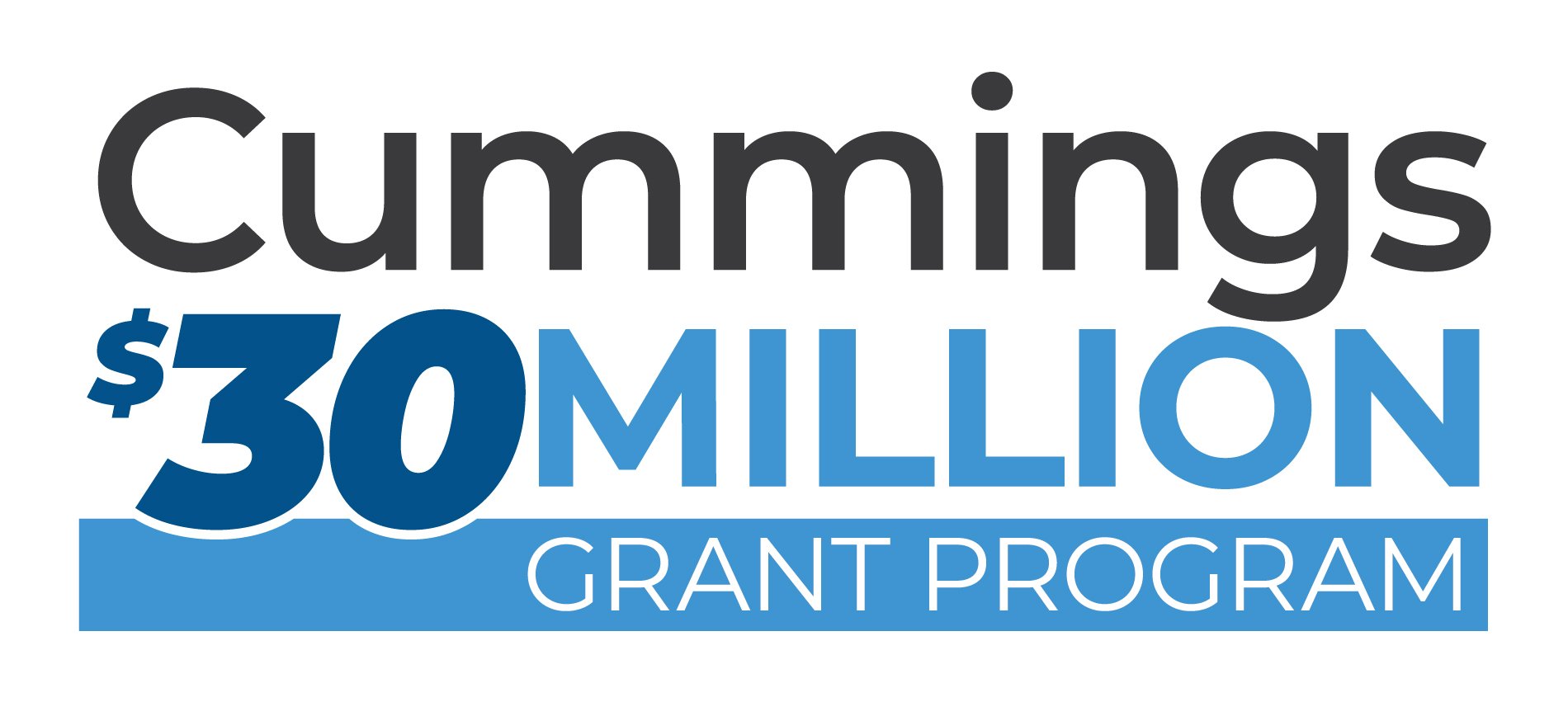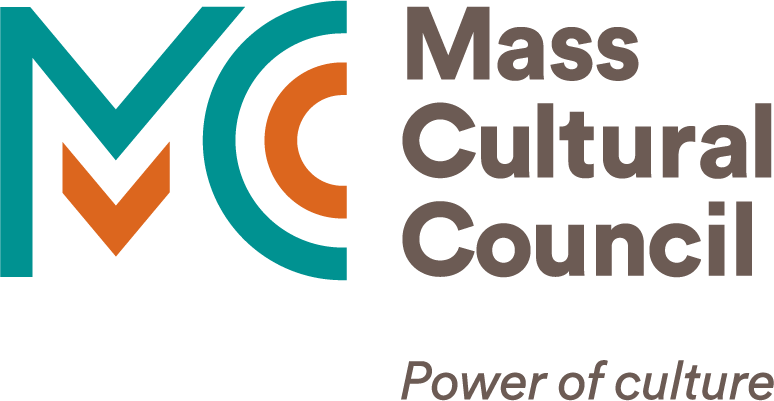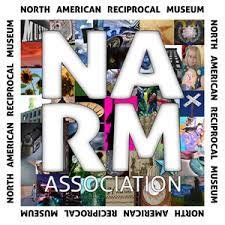The Metz Letters Project
Charles Herman Metz: A Little History

Charles Herman Metz (1863-1937) was a pioneer in American transportation. From bicycles to the first American production motorcycle, to automobiles, first with the Waltham Manufacturing Company and then with The Metz Company, Metz was a vital force in shaping how Americans got around. At its peak, the Metz Company ran two large plants in Waltham, supplying some of the most popular automobiles of the brass era. When the latter company filed for bankruptcy in 1922, it was Charles Metz’s final public hurrah as a force in vehicle manufacturing.
But Metz’s interests and ideas about transportation didn’t end with the closing of the company that bore his name.
His Story Continued
In his last few years, Charles Metz, then living in Southern California with his family, established an active correspondence with one Roscoe A. Pickens, a salesman of his who had become Metz’s confidant and sounding board. The two swapped schemes, plans, and ideas for new vehicles and the possibility of reviving the Metz name as a maker of automobiles.
Sadly, any hopes of this dream, no matter its actual viability, came to an end with Metz’s passing in 1937,
The Project
some of Metz’s handwritten writings to pickens
The Charles River Museum possesses 226 pages of correspondence between Charles H. Metz and R.A. Pickens (as well as between Pickens and various third parties) in its collection, donated to the Museum by Pickens’s great-granddaughter. From handwritten missives scrawled in pencil on most any scrap of paper found handy (mostly Metz’s hand) to typewriter carbons (Pickens), the letters range from brief exchanges to multi-page; some are incomplete, many out of order. Accompanying some of the pages are sketches and diagrams for ideas on such things as a folding bicycle designed by Metz.
This project aims to transcribe the entirety of this collection and preserve the words of Charles H. Metz, so the final thoughts of this important figure of early 20th Century industry can be better understood and made available for all to study. As our staff here has always been small and stretched to its limits, we’ve decided to enlist the public at large and, specifically, those who have an interest in automobile or Waltham history, to make this project a reality.
All of the pages have been scanned. But even with the typewritten ones, Optical Character Recognition (OCR) processing yields text with only a smattering of immediate legibility. The handwritten pages are a process in and of themselves, and the Museum needs eyes, minds, and hands to transcribe each page carefully and—most importantly—accurately.
It is essential that these documents’ contents be preserved, warts and all. Anyone assisting us with this work will be required to follow strict guidelines on misspellings, indistinct or illegible words, and whatever other vagaries of grammar and syntax may exist in the originals, as well as other notations. The urge to edit and correct, even unconsciously, must be resisted to document these correspondences faithfully.
The Museum’s full intention is to share the rewards of this endeavor publicly. We are stewards of history, not gatekeepers, driven by the imperative and desire to present any fruits born of this project with as much accuracy and context as possible. As such, we would still request that anyone working with us respect our ownership of these documents and not prematurely share any work in progress outside of the assembled team.
An example of the typical OCR results
Interested in Helping?
Hi, everyone!
We’ve been AMAZED and honored (and just a bit overwhelmed!) at the response we have received so far. In order to insure proper management of the project, we are temporarily putting a hold on accepting volunteers for this particular endeavor. We appreciate everyone who has reached out and everyone who might show interest in the future.
THANK YOU!
If you think you have the patience and attention to detail we need for this project, we would love to hear from you.
Everyone who applies will be given an overview of our guidelines and asked to submit an audition of sorts. If you feel up to the task of navigating handwritten pages, you will be given a sample to transcribe. If you feel more comfortable sticking to the typewritten stuff, then a sample of that will be provided. And while we appreciate the enthusiasm and generosity of everyone who reaches out to us on this project, it may not be possible to engage everyone who responds. If you are not included in the project, please do not take it personally!
We’ll also need proofreaders: people who take the transcriptions and carefully check them against the originals. And as many of these writings are out of order, we’ll also welcome assistance with establishing the proper order of not just the pages within the letters themselves, but the collection as a whole. If you are interested in either of those tasks, please let us know as well.
When the project is completed, the efforts of everyone who contributed their time and talent will be thanked as part of the final public presentation.
